Origins of Judaism
History
Abraham

The common patriarch of Christianity, Islam, Judaism and some other religions. Abraham. Abraham is a key biblical figure believed to be the founding father of these faiths.
Ahijah
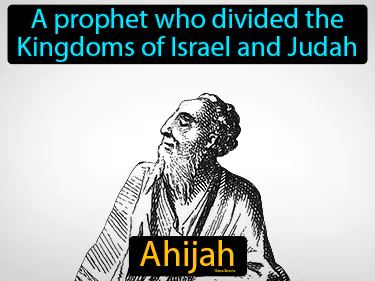
Ahijah was a prophet who divided the Kingdoms of Israel and Judah. He is a biblical figure known for predicting the split of the united monarchy into two separate kingdoms.
Assyria
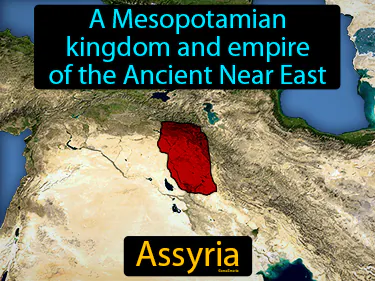
A Mesopotamian kingdom and empire of the Ancient Near East. Assyria. It was a powerful ancient empire known for its military might and cultural achievements.
Canaan
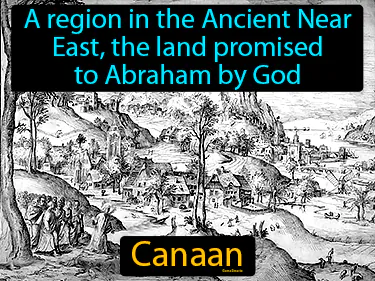
A region in the Ancient Near East, the land promised to Abraham by God. Canaan was an ancient area located in the eastern Mediterranean, significant for being the biblical Promised Land.
covenant
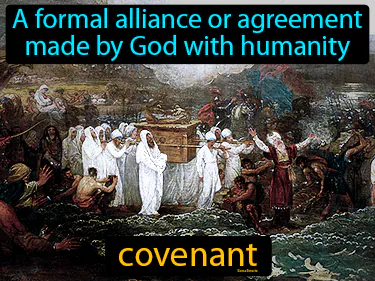
A formal alliance or agreement made by God with humanity. Covenant. In history, a covenant refers to a sacred promise or contract often seen in religious contexts, like the agreements between God and the Israelites in the Bible.
David

The third king of the United Monarchy of Israel and Judah, according to the Hebrew Bible. David. David was a significant biblical figure who united the tribes of Israel and established Jerusalem as the capital.
Deborah
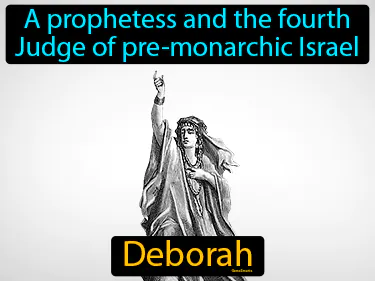
A prophetess and the fourth Judge of pre-monarchic Israel. Deborah. She was a leader who played a crucial role in guiding and delivering the Israelites during a time of oppression.
Exodus
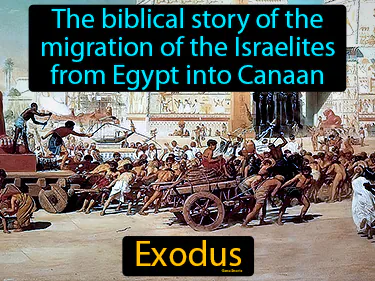
The biblical story of the migration of the Israelites from Egypt into Canaan. Exodus. The Exodus is the ancient biblical event where the Israelites fled slavery in Egypt and journeyed to the Promised Land, Canaan.
Hezekiah
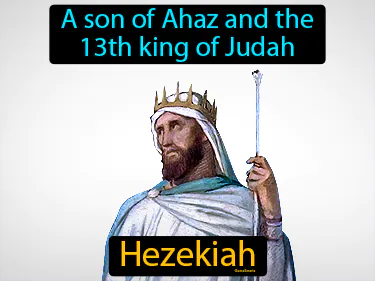
A son of Ahaz and the 13th king of Judah, Hezekiah. Hezekiah was a king known for his religious reforms and efforts to centralize worship in Jerusalem.
Isaac
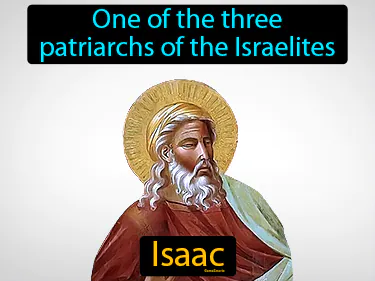
One of the three patriarchs of the Israelites, Isaac. In history, Isaac is recognized as a significant biblical figure and the son of Abraham and Sarah in the Hebrew Bible.
Israel
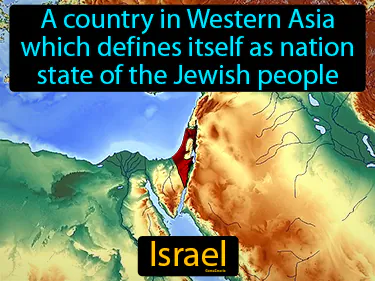
A country in Western Asia which defines itself as the nation state of the Jewish people. Israel. It is a modern country established in 1948 as a homeland for Jews following centuries of diaspora and persecution.
Jacob

A patriarch of the Israelites and an important figure in Abrahamic religions. Jacob. Jacob is a key biblical figure considered the father of the twelve tribes of Israel.
Jerusalem
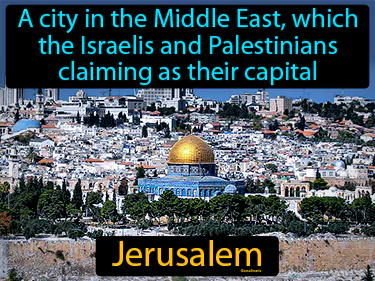
A city in the Middle East, which the Israelis and Palestinians claim as their capital, is Jerusalem. Jerusalem is an ancient city with significant religious and historical importance to Jews, Christians, and Muslims.
Joseph

A son of Jacob and important figure in the Bible's Book of Genesis. Joseph. In history, Joseph is known for rising to power in Egypt and saving his family from famine.
Judaea
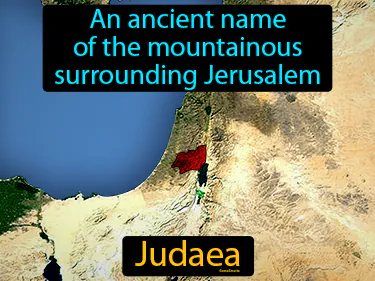
An ancient name of the mountainous surrounding Jerusalem Judaea. Judaea was a historic region in the eastern Mediterranean, forming part of ancient Israel and the Roman Empire.
Judaism
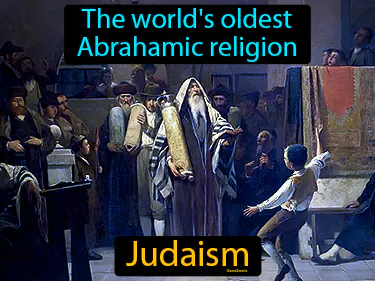
The world's oldest Abrahamic religion. Judaism. It is a monotheistic faith centered around the beliefs and practices of the Jewish people, originating in the ancient Near East over 3,000 years ago.
Mesopotamia
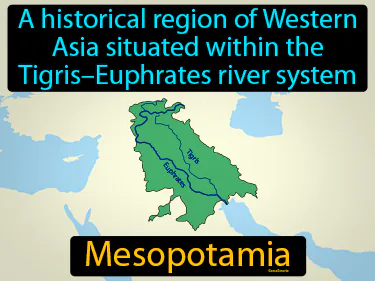
A historical region of Western Asia situated within the TigrisEuphrates river system. Mesopotamia. It is often called the "cradle of civilization" because it is where early complex societies like Sumer emerged.
monotheism

The belief in the existence of only one god. Monotheism. Monotheism is the religious belief that there is only one deity, which was notably practiced by ancient cultures such as the Israelites.
Moses
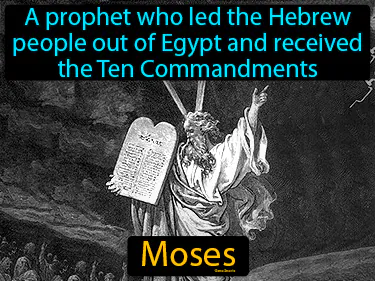
A prophet who led the Hebrew people out of Egypt and received the Ten Commandments. Moses. In history, Moses is a significant figure who is credited with leading the Exodus and establishing the laws for the Israelites.
Mount Sinai
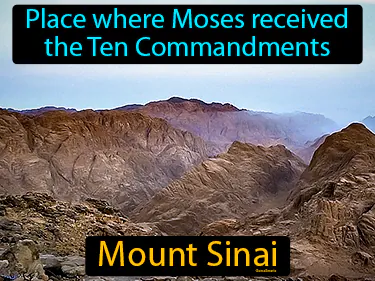
Place where Moses received the Ten Commandments. Mount Sinai. Mount Sinai is a mountain in the Sinai Peninsula, traditionally considered the biblical site where Moses received the Ten Commandments from God.
Phoenicia
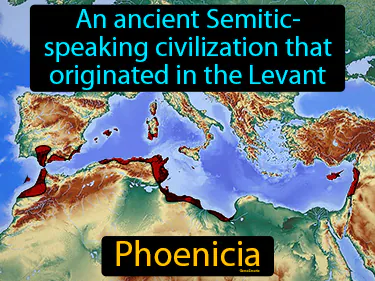
An ancient Semitic-speaking civilization that originated in the Levant. Phoenicia. Phoenicia was a maritime trading civilization known for their seafaring skills and creation of the first alphabet.
plague

An infectious disease spread by flea bites or handling an infected animal. Plague was a devastating disease in history, notably causing the Black Death in the 14th century.
prophet

An individual who is regarded as being in contact with a divine being. Prophet. In history, a prophet is someone who is believed to receive messages from a divine source to guide or warn people.
proverb
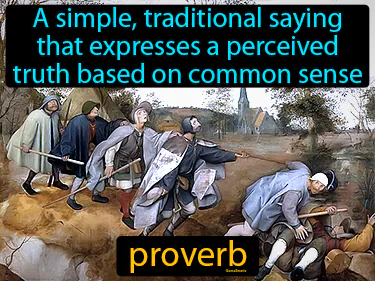
A simple, traditional saying that expresses a perceived truth based on common sense. Proverb. In history, a proverb is a short, commonly known saying that conveys wisdom or advice passed down through generations.
Rehoboam
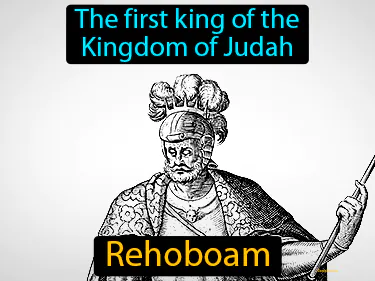
The first king of the Kingdom of Judah Rehoboam. Rehoboam was a ruler who became king after the united kingdom of Israel split into two separate kingdoms, Israel and Judah.
Samaria
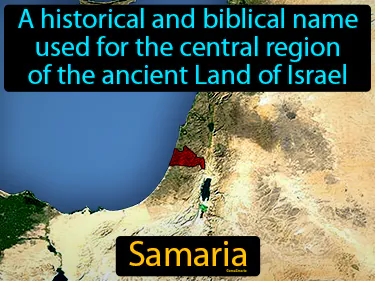
A historical and biblical name used for the central region of the ancient Land of Israel. Samaria. In history, Samaria was the capital of the ancient Kingdom of Israel and served as a significant cultural and political center.
Samuel

A Jewish priest, prophet, and judge over Israel in the Old Testament. Samuel was a central figure in ancient Israel who helped transition the nation from the period of judges to the establishment of the monarchy.
Sargon II
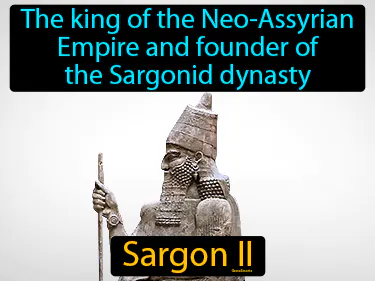
The king of the Neo-Assyrian Empire and founder of the Sargonid dynasty. Sargon II. Sargon II was an ancient ruler who expanded his empire and strengthened Assyria's military and administrative power.
Saul

The first king of the United Kingdom of Israel. Saul. Saul was the initial monarch who ruled over the united tribes of Israel according to the Bible.
Shechem

A city mentioned in the Hebrew Bible as the first capital of the Kingdom of Israel. Shechem is an ancient city with biblical significance, serving as an early center of political and religious life in Israel.
Solomon
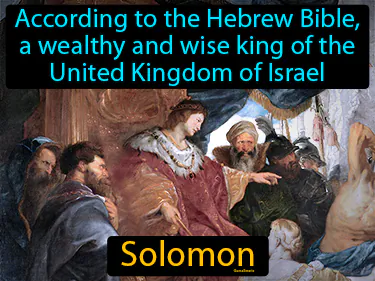
According to the Hebrew Bible, a wealthy and wise king of the United Kingdom of Israel. Solomon. He was a famous ancient ruler known for his wisdom and building the First Temple in Jerusalem.
Ten Commandments
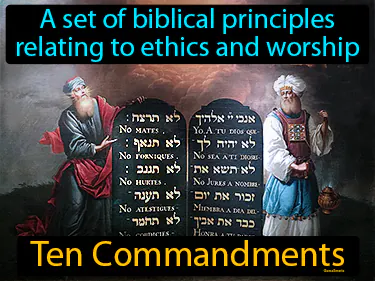
A set of biblical principles relating to ethics and worship. Ten Commandments. In history, the Ten Commandments are ancient moral guidelines given to Moses in the Bible.
Torah

The Hebrew Bible, consisting of Written Torah and the Oral Torah. Torah. The Torah is the central reference of Judaism, comprising the first five books of the Hebrew Bible.